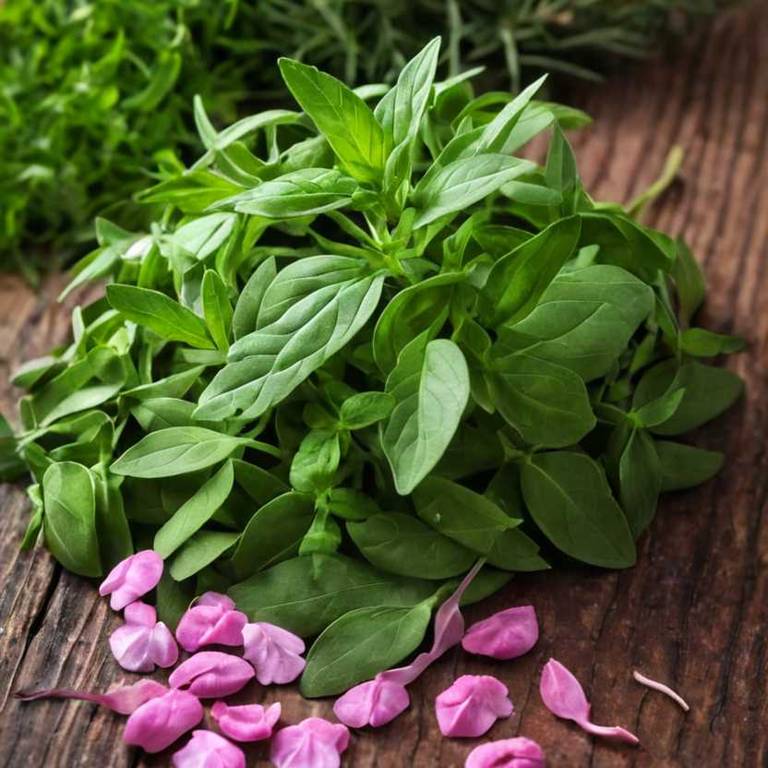Periwinkle (Vinca rosea)
Periwinkle (Vinca rosea) is a member of the Apocynaceae family, native to Madagascar, Comoros, and Seychelles. Traditionally, its leaves, stems, and roots have been used for decoctions, infusions, and poultices.
This herb is particularly valued for its tonic, anti-inflammatory, and sedative actions, and has a long history of use in ayurvedic medicine, traditional chinese medicine, and european herbal medicine.

Quick Facts / Key Information
| Common Name | Periwinkle |
|---|---|
| Scientific Name | Vinca rosea |
| Plant Family | Apocynaceae |
| Genus | Vinca |
| Species | rosea |
| Native Range | Madagascar, Comoros, Seychelles |
| Plant Parts Used | Leaves, Stems, Roots |
| Primary Medicinal Actions | Tonic, Anti-Inflammatory, Sedative |
| Primary Traditional Systems | Ayurvedic Medicine, Traditional Chinese Medicine, European Herbal Medicine |
| Historical Preparation Methods | Decoction, Infusion, Poultice |
Botanical Identity
- Scientific Name
- Vinca rosea
- Common Name
- Periwinkle
- Synonyms / Alternative Names
- Vinca, Cape Rose, Madagascar Violet
- Plant Family
- Apocynaceae
- Genus
- Vinca
Botanical Description
- Growth Habit
- Perennial herbaceous plant.
- Height
- It typically grows to a height of 30 to 60 centimeters.
- Leaves
- Opposite, ovate leaves with dark green upper surface and lighter green lower surface, bearing prominent stomatal bands along the midrib.
- Flowers
- Flowers are actinomorphic, solitary, with five petals fused at the base, five sepals, and two stamens with distinct anthers and filaments
- Stems
- Erect, woody, and succulent, with opposite branching and glabrous surface.
Traditional Uses / Historical Use
Traditional Systems
- Ayurvedic Medicine
- Traditional Chinese Medicine
- European Herbal Medicine
Historical Preparation Methods
- Decoction
- Infusion
- Poultice
- Tincture
Medicinal Actions
- Tonic
- In herbal texts, considered a gentle tonic, for foundational support.
- Anti-inflammatory
- In herbal literature, noted as a moderate anti-inflammatory, for irritation-related applications.
- Sedative
- Historically regarded as a calming sedative, in nervous system–related contexts.
- Stimulant
- As described in traditional systems, a soothing stimulant, in activation-oriented uses.
Active Compounds
- Alkaloid
- A class of nitrogen-containing compounds produced by many plant species.
- Flavonoid
- A group of naturally occurring compounds commonly present in many flowering plants.
- Glycoside
- Naturally occurring metabolites distributed across many plant species.
- Tannin
- A class of polyphenolic compounds commonly found in bark, leaves, and seeds.
Modern Research Overview
Contemporary research on this plant includes areas such as chemical analysis, laboratory-based studies, and observational research. Detailed summaries of published findings are not included at this stage and will be added during future content updates.
Safety & Contraindications
- General Precautions
- The use of this herb may warrant general caution in certain situations.
- Contraindications
- Contraindications related to this herb have been noted in traditional use and available sources.
- Allergies
- There is insufficient evidence to determine whether this herb commonly causes allergic reactions.
- Drug Interactions
- Available information regarding interactions with pharmaceutical drugs is limited.
- Toxicity
- Reports indicate that this herb may exhibit toxic properties in some contexts.
- Pregnancy & Breastfeeding
- Safety during pregnancy and breastfeeding has not been well documented.
Preparation & Usage Methods
- Infusion
- A preparation method involving steeping plant material in heated water for a short period.
- Decoction
- Decoctions are made by heating plant material in water for an extended time.
- Poultice
- This method uses direct contact between plant material and the skin.
- Tincture
- Alcohol is used as a solvent to extract plant constituents over time.
- Extract
- Extracts are created by dissolving plant material in a suitable non-alcoholic medium.
Growing, Harvesting & Storage
Growing / Cultivation
- Soil
- Prefers loamy soil with moderately well-drained conditions. Typically grows best in organically rich soils.
- Sunlight
- Thrives in partial sun. Tolerates full sun to partial shade.
- Watering
- Prefers well-balanced moisture levels. Tolerates periodic dry conditions.
Medical Disclaimer
The information provided on this page is for educational and informational purposes only. It is not intended to diagnose, treat, cure, or prevent any medical condition. Always consult a qualified healthcare professional before using any herb for medicinal purposes.